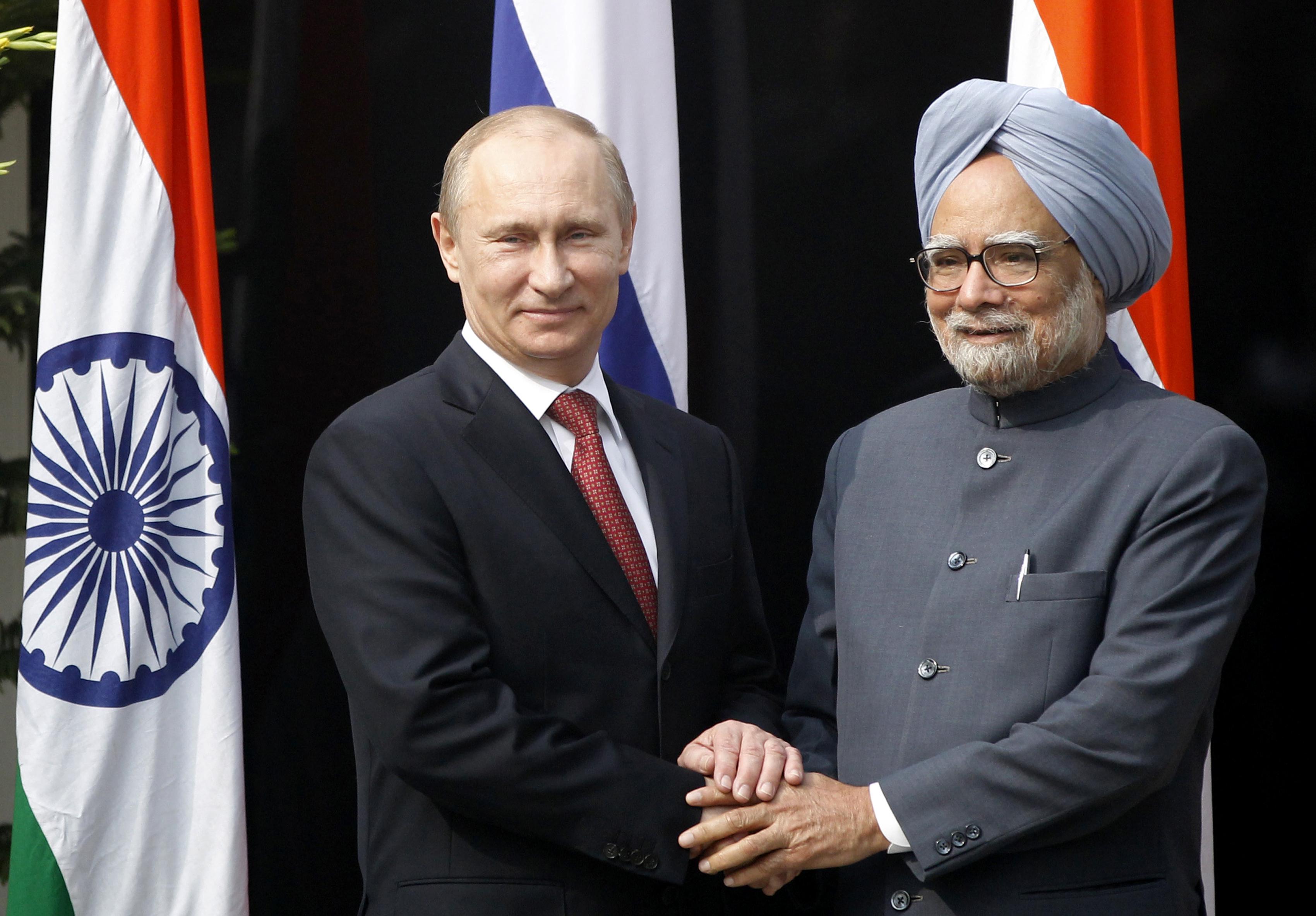America’s reassurer-in-chief, Joe Biden, is currently on a swing through Eastern Europe, holding meetings with the unnerved governments of Poland and the Baltic states. It’s not surprising that these countries are disturbed by the international community’s seeming inability to stop Russia’s annexation of Crimea, but trying to nail down the list of countries supporting Russia’s moves is a bit more interesting.
The independence of the breakaway Georgian regions of Abkhazia and South Ossetia is, as is often noted, recognized only by the unlikely grouping of Russia, Nicaragua, Venezuela, Nauru, and Tuvalu. (Vanuatu has waffled.) So who is the coalition of the supportive for Russian Crimea?
The only two unambiguously supportive governments seem to be Venezuela and Syria. Embattled Venezuelan President Nicolás Maduro has accused the U.S. and European governments of double standards in the crisis, saying, “What has happened in Crimea is a response to the format that made Ukrainian democracy collapse. And there is only one reason for this: the anti-Russian policy of the US and some European countries. They seek to encircle Russia in order to weaken and eventually destroy it.”
Even more embattled Syrian President Bashar al-Assad has supported Russia’s moves to “restore security and stability to the friendly country of Ukraine in face of the coup attempts against legitimacy and democracy, in favor of the terrorist extremists, through President Putin’s wise policy and commitment to the international legitimacy and legal rules that govern relations among countries and peoples.”
Bloomberg describes the countries supporting Putin’s position as a “China-Syria-Venezuela minority,” but I’m not sure you can really put China in the same category. It is true Beijing will oppose sanctions on Russia and won’t loudly condemn its actions, but Chinese leaders haven’t exactly been enthusiastic about the whole thing either. In a statement on March 2, Foreign Ministry spokesperson Qin Gang said, “It is China’s long-standing position not to interfere in others’ internal affairs. We respect the independence, sovereignty and territorial integrity of Ukraine.”
Russian ally Iran’s stance has been similarly vague, with foreign minister Javad Zarif saying that “intervention from abroad hasn’t helped to improve the situation,” a statement that could conceivably be applied to either side in the dispute.
At least one longtime Russian ally, Belarus, has refused to back Moscow, with President Aleksandr Lukashenko saying, “We have a singular view of Ukraine. It should be integral, nobody should divide this great country.” Belarus is a charter member of the Russian-led Eurasian Customs Union that Putin hoped Ukraine would be the next to join, but Moscow-Minsk relations have soured lately and Putin and Lukashenko reportedly detest each other.*
As the Economist notes, Central Asia’s governments have also been eyeing developments in Crimea warily:
Days after Russian troops occupied Crimea, Uzbekistan expressed anxiety about Ukraine’s “sovereignty and territorial integrity”. Kazakhstan said it was “deeply concerned” about “unpredictable consequences”. Tajikistan called vaguely for an “objective assessment”. Kyrgyzstan broke ranks on March 11th, condemning “acts aimed at destabilising” Ukraine.
Kazakhstan, at least, seems to have come around. The country’s foreign ministry issued a statement on March 18 saying, “The referendum held in Crimea is seen in Kazakhstan as a free expression of will of the Autonomous Republic’s population while the decision of the Russian Federation under the existing circumstances is regarded with understanding.”
The Brazilian government has been criticized in the press for not speaking out about the crisis and it’s thought that the country may be afraid Russia will pull out of a planned summit of the BRICS countries in Brazil this July. Foreign Minister Luiz Alberto Figueiredo did eventually call for a solution that “respected the democratic values and the will of Ukrainians” on Wednesday.
The most interesting response may be from fellow BRICS member India. (I haven’t seen any high-profile statements from South Africa’s government.) The Indian government has strongly opposed sanctions against Russia and earlier this month, National Security Advisor Shiv Shankar Menon said, “There are legitimate Russian and other interests involved and we hope they are discussed and resolved.” After a conversation with Prime Minister Manmohan Singh on Tuesday, Putin thanked the Indian leader for his “restrained and objective” stance on the issue. As the Diplomat’s Ankit Panda points out, India relies on Russia for 75 percent of its arms imports and U.S.-Indian relations are at a low point in the wake of the Deyvani Khobragade scandal.
Singh isn’t likely to explicitly endorse Putin’s position, but his country may be the closest thing Russia has to an ally in the Ukraine crisis, beyond the usual suspects.
It’s also starting to look like the U.S.-India relationship is badly in need of some damage control—a task that may only get tougher after this year’s elections.
*Correction, March 20, 2014: This post originally misspelled the Belarusian capital of Minsk.
